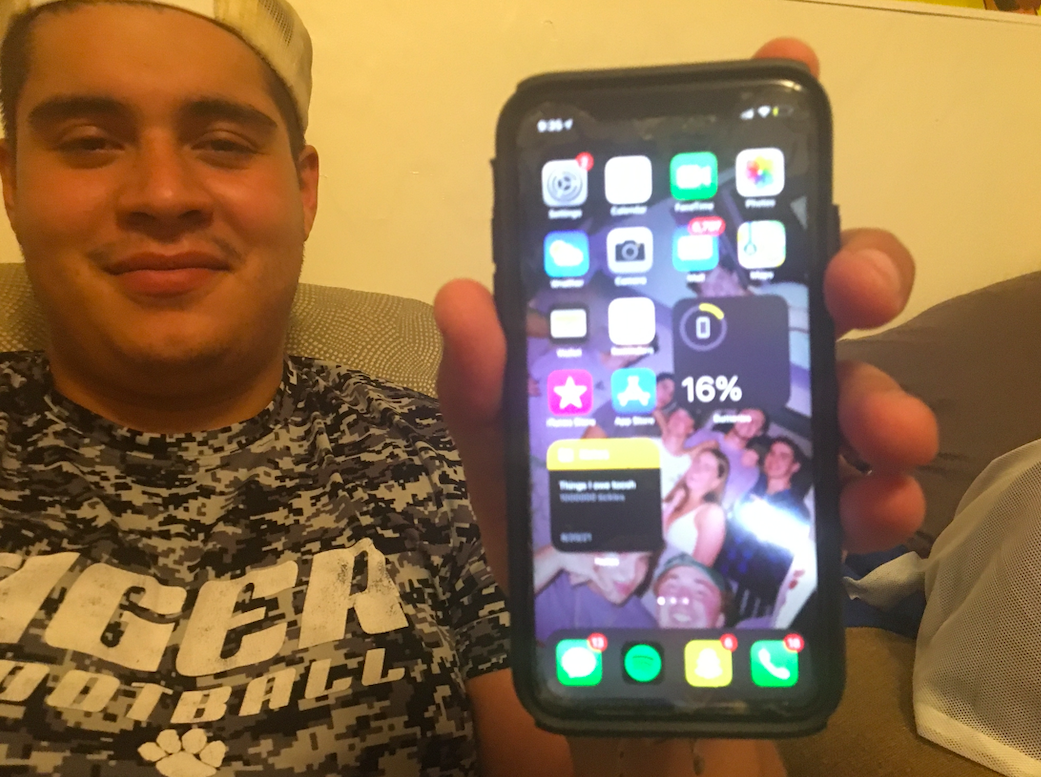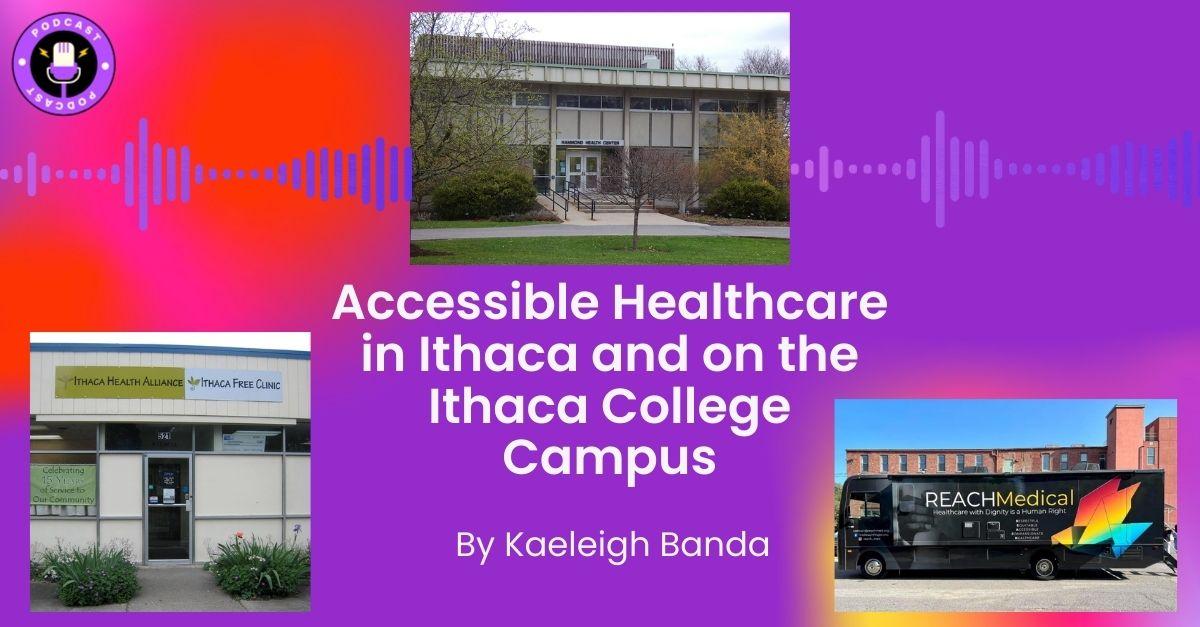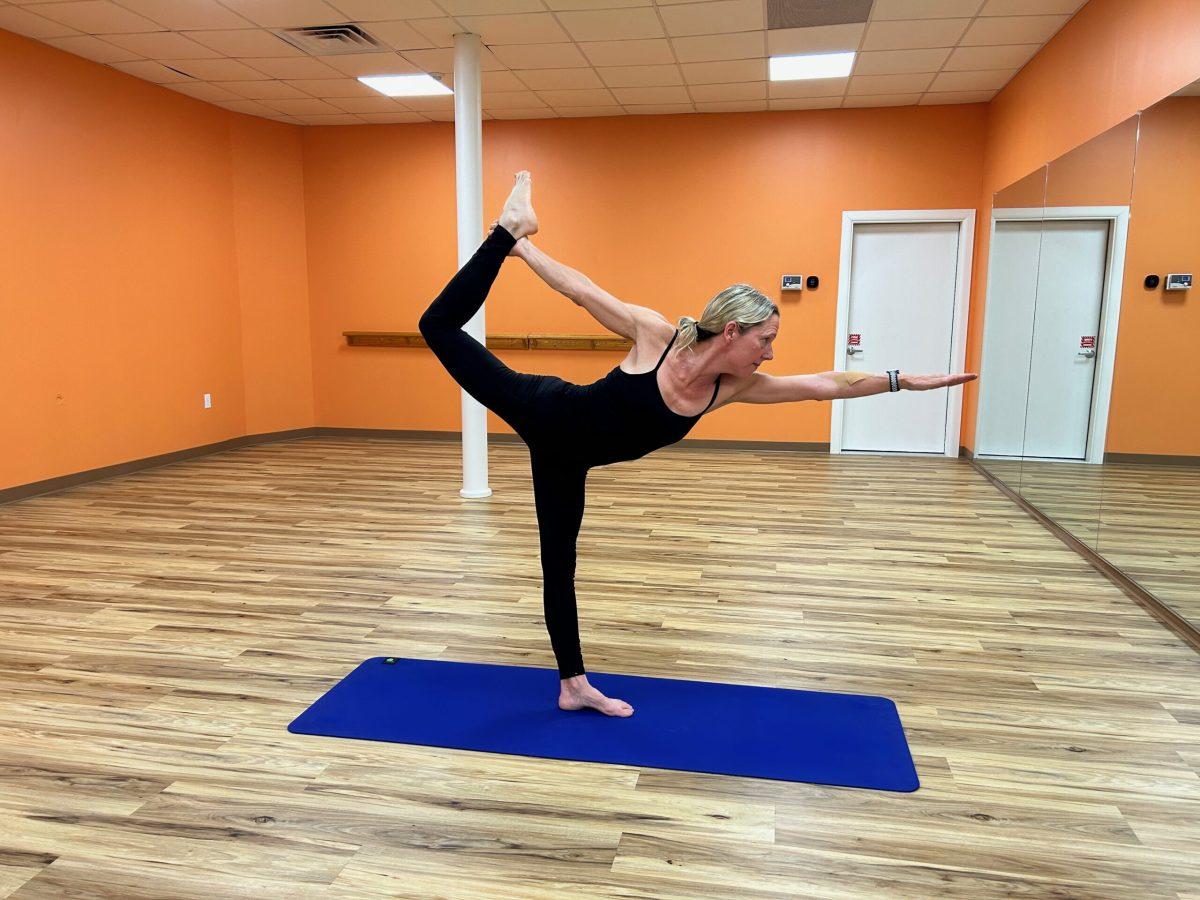IC Senior’s decision to delete social media apps has proven to be a healthy mental choice
Across any college campus, stepping outside in between classes is a very different sight than it was a decade ago. Instead of shooting the breeze with classmates and friends, many students are glued to their phones, scrolling through their feeds to get the latest updates on social media or see how many likes are on their posts.
Some students have found a way to live without it. Ithaca College senior Christopher D’Entrone just reached a year without Twitter, Instagram, and Facebook.
“It was just a little toxic for me,” D’Entrone said. “Everything you see on there are people that are fake. Everyone’s trying to personify their perfect reality when everyone goes through their own things. Mentally I couldn’t do it anymore, so I decided to delete it out of the question.”

In August of 2021, a study was released by three professors from Stanford University, MIT, and Einaudi Institute for Economics and Finance, with a focus on social media’s impact on college students’ mental health. The results of the study that introduced Facebook to a group of U.S. colleges were found to have a negative effect on students’ academic performance. It was also found that among those already susceptible to mental illness, the introduction led to an increase in symptoms of mental illness and depression-related services.
“It’s that fake reality,” D’Entrone said. “People are just posting the good things in their lives and you never see the struggles of what they go through day to day.”
The Centre for Mental Health outlines that the “fear of missing out”, or “FOMO” is an increased effect of social media. When seeing photos on Instagram, for instance, of your friends having a good time out, while you lay in bed, resting up for a test the next morning can bring feelings of loneliness and anxiety.
Dr. Mike Pusateri, a Staff Psychologist and Coordinator of Outreach and Prevention at Ithaca College, said that with the combination of COVID-19, the habits have been even harder to break.
“There’s a big emphasis when you come to college to feel a sense of affiliation, so that really is that ‘virtual in’ right there,” Pusateri said. “The question coming out of COVID is how do we learn how to have in-person conversations that are not so much based on social media apps. On one hand, it served as a sense of connectedness and now people are like well what the heck do I do? Most of my communication has been on the computer and online.”
D’Entrone said deleting the social media platforms has allowed him to spend more time with friends and be in the moment.
“I think being present in other people’s company has definitely gone up after deleting those apps,” D’Entrone said. “Because nowadays everyone is just on their phones. Getting rid of that social media aspect, that I feel like a lot of people are on, that definitely helped.”

Activities throughout the day such as eating and sleeping are oftentimes students simultaneously check their feeds. Pusateri said taking the time to reflect on the time spent on social media is key to shortening the usage.
“Reducing your time on apps but also taking a bigger look at how you can associate sleeping, eating, and taking care of yourself is key,” Pusateri said. “And if you find it difficult to disengage is that being really intentional with your behavior. Instead of looking on your app, what other things might you do.”
Based on a group of teenagers in the United States surveyed by Pew Research Center, almost a quarter of them thought social media served as a negative effect in their lives. Although 31% viewed it as positive for connecting with friends and families and getting news, the negative reasons include unrealistic views of others’ lives, peer pressure, and bullying.
D’Entrone said although he has been tempted to re-download the apps, knowing his health has improved since getting rid of them has provided him with a healthy hesitation.
“This actually marks a year of me not having that stuff anymore, so I thought about it, that I might be done, being off social media,” D’Entrone said. “But I think it’s honestly improved my mental health and my mental well-being that I really have no desire to download it again. Maybe one day, but not anytime soon.”






